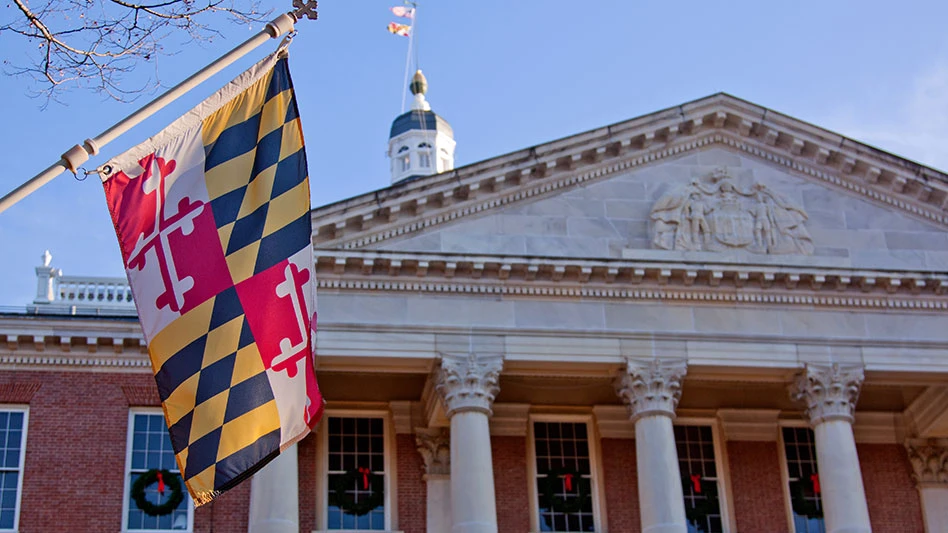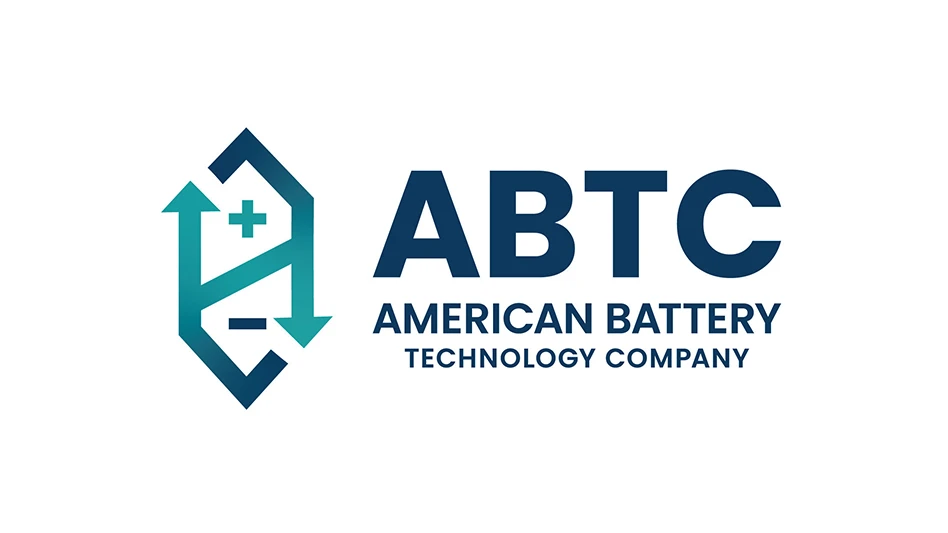Braidy Industries selects Kentucky for new aluminum plant

Kentucky Gov. Matt Bevin and executives from newly formed Braidy Industries Inc. announced in late April that Braidy intends to build a $1.3 billion aluminum production facility in Greenup County in eastern Kentucky.
According to the Think Kentucky Cabinet for Economic Development, more than 550 people will be employed at the facility, which will produce aluminum sheet and plate for the automotive and aerospace industries.
“Braidy Industries’ decision to locate in eastern Kentucky has the potential to be as significant as any economic deal ever made in the history of Kentucky,” Bevin says. “This $1.3 billion investment will create enormous opportunity for people in the region. The ripple effect of this investment will be significant and will produce positive change in the region for generations to come,” he adds.
Braidy Industries says it will construct a 2.5-million-square-foot aluminum mill on more than 300 acres near South Shore in Greenup County. The company says it expects construction to begin in early 2018 with completion in 2020.
Initially, the facility will produce 370,000 tons of aluminum per year for the automotive and aerospace industries, with opportunities to expand over time. On its website, Braidy says it will use “minimill scrap-driven technology” and will offer “closed-loop scrap recycling for automotive companies.”
Craig Bouchard, Braidy Industries chairman and CEO, says, “Our team recognizes an opportunity to make incredible impacts both in the global aluminum industry and in bringing well-paying jobs to eastern Kentucky in the heart of Appalachia.”
Bouchard, whose biography indicates he has prior experience in banking, software development, aluminum and steel manufacturing, founded Braidy Industries in early 2017. His steel industry experience includes a stint at Esmark Steel Group, which is currently headed by his brother James Bouchard.
Craig Bouchard says his team at Braidy includes experts in the aluminum industry, metallurgical research, international business and a range of other disciplines.
To help fund the company’s aluminum production facility project, the Kentucky Economic Development Finance Authority (KEDFA) has preliminarily approved Braidy Industries for tax incentives of up to $10 million through the Kentucky Business Investment program.
SMS subsidiary enters into partnership with Freeboard Holding LLC
The Fe Xchange Group LLC subsidiary of Burnham, Illinois-based Scrap Metal Services LLC (SMS) has entered into a partnership agreement with ferrous scrap trading company Freeboard Holding LLC. The new 50/50 partnership will be known as FE Trading Group LLC (FTG) and began operating May 1, 2017.
FTG will be headed by Freeboard’s Robert Kelman as CEO. Nanci Schuld, president of Fe Xchange Group, has been appointed president of FTG and will “head up the trading team,” according to an SMS press release.
Kelman has more than 30 years of experience in the metal recycling and trading sector. He is the former president of Sims Metal Management North America and former managing director of Sims’ European scrap business.
Engaged primarily in the brokerage and trading of ferrous scrap, FTG has announced the signing of an exclusive supply agreement with SMS to trade its ferrous scrap directly to North American steelmakers.
“Our new trading venture will give FTG the ability to provide superior service to both scrap metal producers and consumers,” Kelman says. “I am looking forward to building upon this great platform.”
“We are excited about our agency agreement with FTG,” says SMS CEO Jeffry Gertler. “Bob and Nanci bring great depth that will enhance our ability to focus on our core business,” he adds.
Horsehead changes name to American Zinc Recycling
The Pittsburgh-based company that is among the world’s largest recyclers of electric arc furnace (EAF) dust, American Zinc Recycling LLC, formerly known as Horsehead Holding LLC, has announced that Horsehead Corp., its wholly owned subsidiary, has changed its name to American Zinc Recycling Corp. (AZR).
“American Zinc Recycling and its predecessors have been leaders in domestic zinc production dating back to the mid-1800s and in zinc recycling since the 1980s, and now is the right time to rename the organization to clearly state the primary focus,” says Wayne Isaacs, chairman of the board and interim CEO. “Along with the name change, a new logo and marketing message have been created—‘Delivering a Sustainable Future’—which better reflect AZR’s current and future direction and reaffirms our commitment to customer service and promoting the principles of sustainable development.”
Horsehead Holding emerged from Chapter 11 bankruptcy protection under new ownership and as a private company in September 2016. Since that time, the company says it has strengthened its senior management team and reorganized its operations and marketing structure.
AZR includes the company’s EAF dust recycling services, as well as the group’s Mooresboro, North Carolina, facility.
Isaacs adds, “Our customers rely on us to provide services and products that are critical to their operations. The new name allows us to highlight our business objective of providing quality recycling services to steel minimill customers throughout North America.”
AZR’s products are produced from 100 percent recycled materials.
AZR’s parent company, American Zinc Recycling LLC, also owns The International Metals Reclamation Co. LLC, a leading recycler of metals-bearing materials and a leading processor of nickel-cadmium batteries in North America; Zochem Inc., a zinc oxide producer located in Brampton, Ontario; and American Zinc Products LLC (formerly Horsehead Metals Products LLC), the owner and operator of the group’s Mooresboro facility.
American Zinc Recycling LLC employs approximately 600 people and operates seven facilities throughout the U.S. and Canada.
Call2Recycle launches national all-battery recycling in the US

Atlanta-based Call2Recycle Inc., a consumer battery stewardship and recycling organization, has announced a new, expanded all-battery service that it says provides one-stop battery collection and recycling for rechargeable and single-use (AA, AAA, 9v, D and button) batteries weighing less than 11 pounds throughout the U.S.
“The widespread adoption of technology by consumers is rewriting the recycling landscape,” says Carl Smith, CEO and president of Call2Recycle. “The rising demand for batteries to power these devices calls for a national approach to keep all household batteries out of the waste stream.”
Smith adds, “Call2Recycle research shows that the most effective way to boost battery collections is to collect all household battery types together so consumers don’t need to figure out which can and can’t be recycled. A national program expansion satisfies the needs of both collection site customers and consumers who have been lobbying for one-stop recycling because of its greater convenience.”
The new all-battery service is available to all Call2Recycle’s 20,000-plus U.S. collection sites. In addition, Call2Recycle will offer separate services for single-use and rechargeable battery recycling. Fees vary, depending on the services selected as well as on collection volumes and shipping methods. Those interested in participating in the new service can use a new online tool to identify which battery recycling solution best meets their needs based on location, type and volume, the organization says.
As part of the new service, Call2Recycle has introduced pay-as-you-go all-battery box recycling kits targeted to businesses, government agencies, individuals or those on a budget. Anyone can purchase collection kits for an upfront fee in a new online store. The collection kits include a U.S. Department of Transportation-approved collection box, plastic bags to safely protect battery terminals and a postage-paid return shipping label. The purchase price covers all shipping and recycling fees, Call2Recycle says.
“We sought to balance the needs of stewards, consumers and collection sites while sustaining the viability of our program in the face of a changing recycling landscape,” Smith says. “Ultimately, the expanded program will help us to continue to responsibly manage the end-of-life of batteries according to the highest environmental standards for recycling.”
Get curated news on YOUR industry.
Enter your email to receive our newsletters.

Explore the June 2017 Issue
Check out more from this issue and find your next story to read.
Latest from Recycling Today
- Metso launches electric Anode Weighing and Casting Machine
- Circular by Shapiro releases "5 for Five" sustainability series
- Graphic Packaging set to close Ohio CRB facility
- Ameripen voices support for Maryland EPR bill
- Maryland county expands curbside recycling to include electronics
- California EPS ban will be enforced
- YKK AP America introduces BetterBillet
- Fresh Perspective: Cameron Keefe






